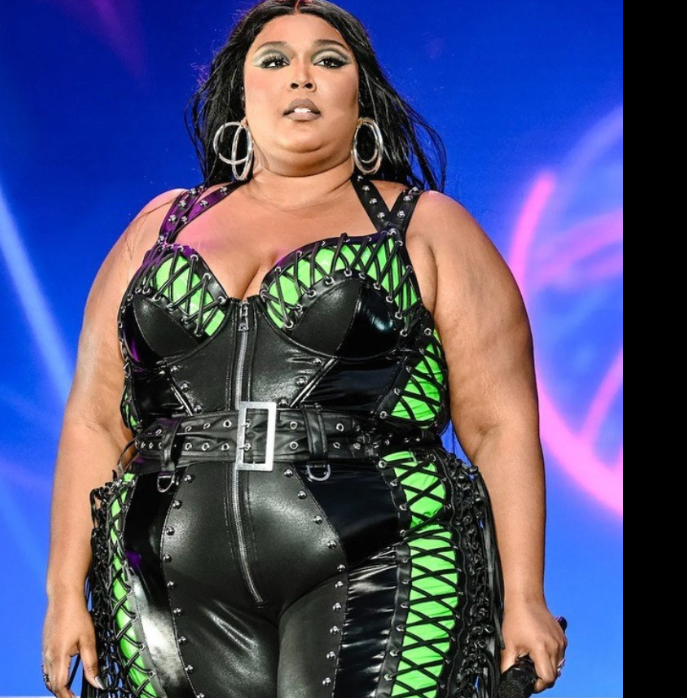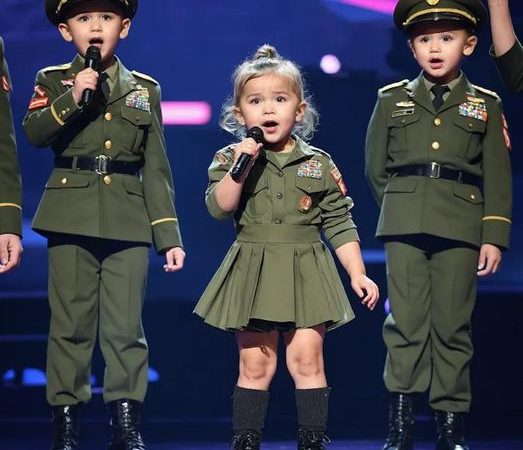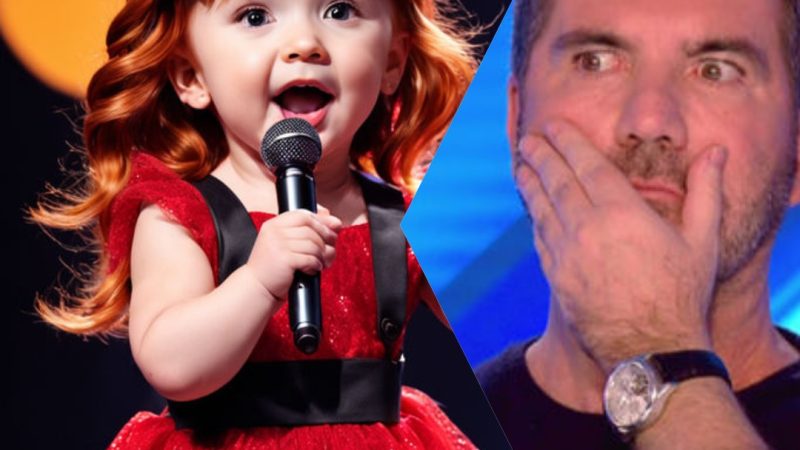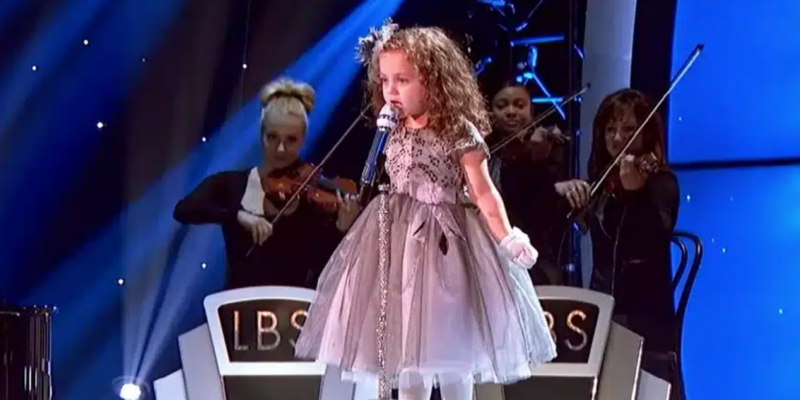Singer Faces Backlash For Saying She’s ‘Not Making Music For White People’

Be aware: we are republishing this story which initially made the news in October 2022.
Lizzo, the Grammy-winning artist, candidly addressed the nuances of her crossover success and the predominantly white fanbase that often accompanies it in an exclusive interview with Vanity Fair for its November cover story. The 34-year-old music sensation, born Melissa Viviane Jefferson, shared insights into her creative journey and the purpose behind her music. Lizzo boldly stated that despite reaching high levels of acceptance, she does not make music with a specific racial audience in mind. Rather, her songs are an authentic expression of her Black experience—a form of personal healing from life’s challenges.
While Lizzo’s musical roots are grounded in R&B, hip-hop, and gospel, she has undeniably made an impact in the pop genre with hits like “Juice,” “Good As Hell,” and the recent “About Damn Time.” Despite garnering a diverse fanbase, including many white followers following her breakthrough in 2019 with “Cuz I Luv You,” Lizzo emphasized that her primary audience is Black women. Lizzo passionately expressed, “We need self-love and self-like anthems more than anyone.” Her music aims to resonate with Black women who, like her, have faced underappreciation, bullying, and societal pressures. She finds it perplexing when critics question her commitment to creating music from a Black perspective, seeing it as an inherent aspect of her identity as a Black artist.
Touching on her recent controversy involving Founding Father James Madison’s 200-year-old crystal flute, Lizzo believes there is still significant progress needed for Black women in America. She candidly shared her feelings of hopelessness, stating that throughout history, Black women have not been treated fairly or with respect. Lizzo sees hope emerging when those with privilege take responsibility, emphasizing the need for progress, especially for individuals like herself, a fat Black woman.
Lizzo’s dedication to social issues is evident through her activism. She donated $500,000 to Planned Parenthood and the National Network of Abortion Funds following the overturn of Roe v. Wade in June. Notably, her tour promoter, Live Nation, matched this donation with an additional $500,000. Lizzo attributes the major role of race in the ruling, pointing to what she sees as a pervasive fear of white male supremacy in the country, with complicity from various quarters, including white women. In conclusion, Lizzo’s journey transcends music, delving into the complexities of race, identity, and activism. Her unapologetic stance and dedication to her roots reinforce her message of self-love, making her a powerful voice in today’s diverse and evolving cultural landscape.






